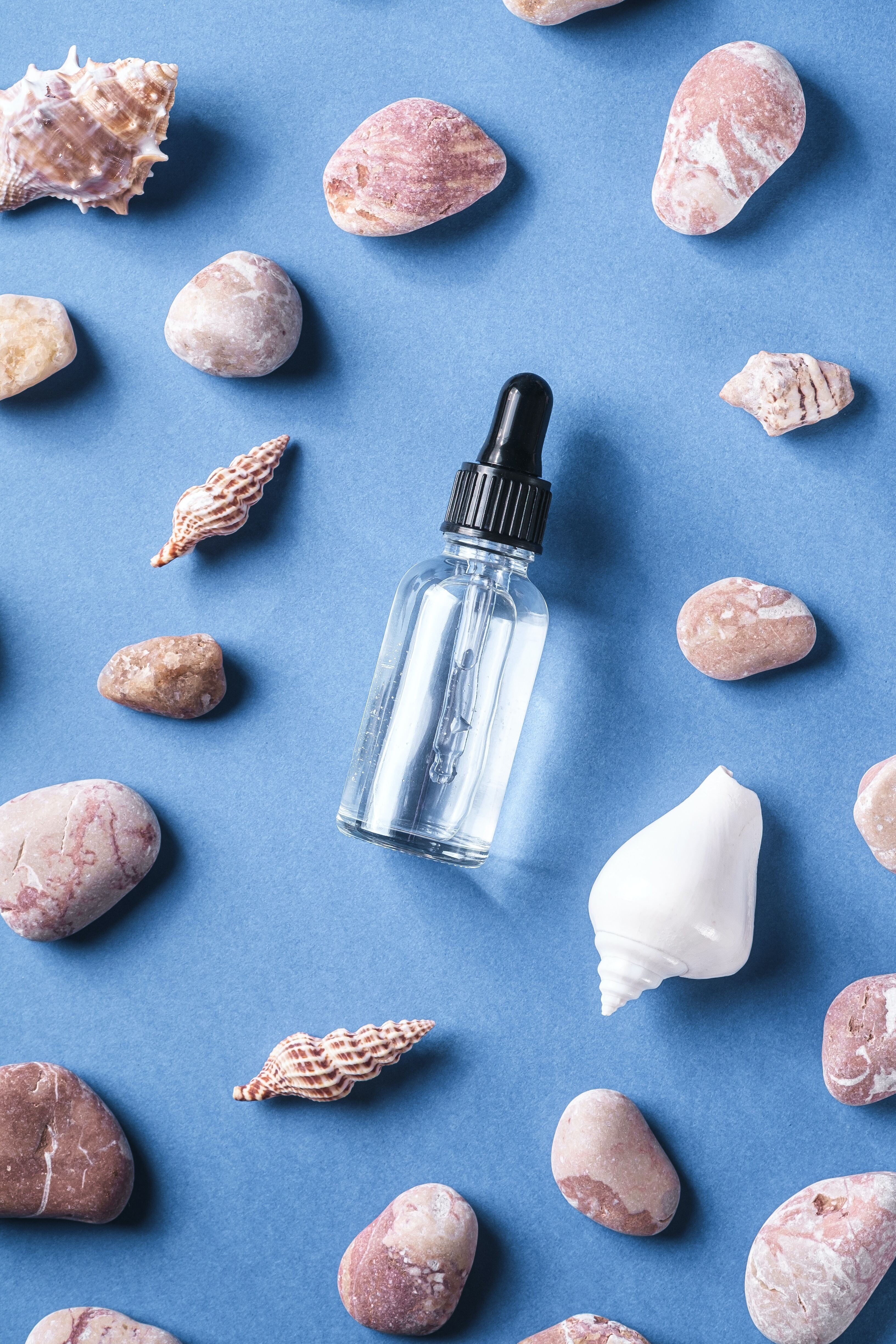
What Are Serums? How Do They Transform Your Skin?
Serums have become popular over time in the skincare industry. These thin, highly concentrated lotions have become commonplace in many skincare regimens. We will delve into serums in this complete guide, learning what they are, how they function, and the fantastic changes they can make to your skin.
What Do Serums Do?
A class of skincare products; serums are created with many active chemicals. In contrast to creams and lotions, which include more water and emollients, serums provide a concentrated amount of essential substances to your skin. Because of their high concentration, serums are a potent weapon in your skincare toolbox because they enable better penetration and absorption.
The Principal Components of Serums
Serums are made to address a specific skin issue. A serum's precise contents will differ significantly depending on its intended application. These are some typical components that you could discover in serums:
Hyaluronic Acid: A central component in many serums, hyaluronic acid is renowned for its extraordinary capacity to moisturise and plump the skin.
Vitamin C: This powerful antioxidant brightens skin and balances complexion. It's a powerhouse ingredient that gives skin a beautiful glow.
Retinol (Vitamin A): A potent anti-aging substance that can enhance skin smoothness, minimise the appearance of fine lines and wrinkles, and stimulate the creation of collagen.
Niacinamide (Vitamin B3): can reduce redness, shrink pores, and even out skin tone.
Peptides: These little proteins can promote collagen synthesis, which helps tighten and hydrate the skin. Serums with peptides are fantastic for addressing aging skin.
The chemical exfoliants beta hydroxy acids (BHAs) and alpha hydroxy acids (AHAs) encourage skin cell turnover, making them perfect for serums intended to improve texture, lessen blemishes, and reveal a more radiant complexion.
What Purpose Do Serums Serve?
Now that we are familiar with the most powerful ingredients of serums let's examine how they help your skin:
1. Hydration
Intensive hydration is one of the primary purposes of serums. Hyaluronic acid serums, for example, work to trap moisture, keeping your skin well-hydrated, plump, and flexible. By keeping the skin's barrier healthy, this hydration lowers the risk of dryness and irritation.
2. Targeted Treatment:
The purpose of serums is frequently to address particular skin problems. There is probably a serum made just for your requirements, whether you're struggling with acne, dark spots, fine wrinkles, or dullness. These potent mixtures can effectively cure patients by delivering essential chemicals where they are most needed.
3. Evening out and Brightening Skin Tone:
Niacinamide or vitamin C serums are great for lightening the skin and minimizing the appearance of dark patches and discoloration. They can eventually make your skin appear more vibrant and toned.
4. Aging gracefully
Retinol and peptide-rich serums are excellent friends in the battle against aging skin. You will have a more youthful complexion due to their stimulation of collagen formation, improved elasticity, and smoothing out wrinkles and fine lines.
5. Texture refinement and exfoliation:
Serums with AHAs and BHAs can help if you battle acne or uneven skin texture. Exfoliating the top layer of skin with these chemicals helps to clear clogged pores and promotes the development of new, smoother skin.
The Best Ways to Include Serums in Your Skincare Routine
1. Cleansing
To remove debris, makeup, and pollutants from your skin, start with a mild cleanse. This creates the conditions for your serum to absorb well.
2. Toning
To balance your skin's pH levels, use a toner after cleansing. This may improve how well your serum is absorbed.
3. Applying serum
Gently pat or massage a tiny bit of serum into your skin (typically, a pea-sized drop will do). Pay attention to any trouble spots precisely, but remember to cover your entire face and neck.
4. Be patient!
Give the serum a chance to absorb before continuing with the following step. This gives your skin enough time to absorb the benefits completely.
5. Moisturise
Apply your preferred moisturiser next to lock in the serum and add a layer of moisture.
6. Sunscreen
It's crucial to apply sunscreen at the end of your morning routine if it includes serums. Daily sun protection is essential because many serums contain chemicals that increase your skin's sensitivity to the sun.
Serums have revolutionised the skincare industry. They are an effective tool for managing various skin issues due to their high concentration of active ingredients and focused formulations. There is a serum out there that can help you achieve your skin goals, whether you want to moisturise, brighten, combat dull aging skin, or improve texture. So go ahead and add a serum to your skincare regimen and watch as your skin becomes its most luminous, youthful self!

